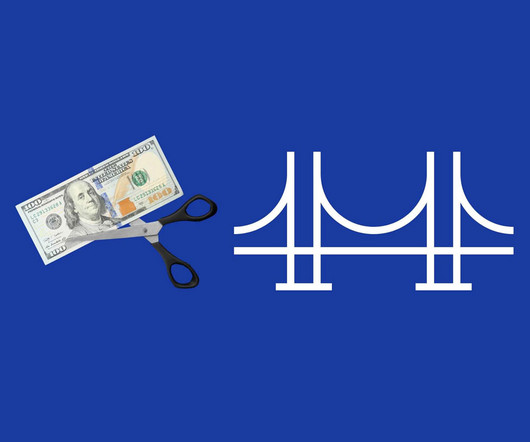Valuation Purposes: Investor/Partner Buyout or Buy-in
Equilest
APRIL 24, 2024
Discounted Cash Flow (DCF) Analysis: Estimating the present value of the company's future cash flows, taking into account factors such as risk, growth rates, and discount rates.













Let's personalize your content